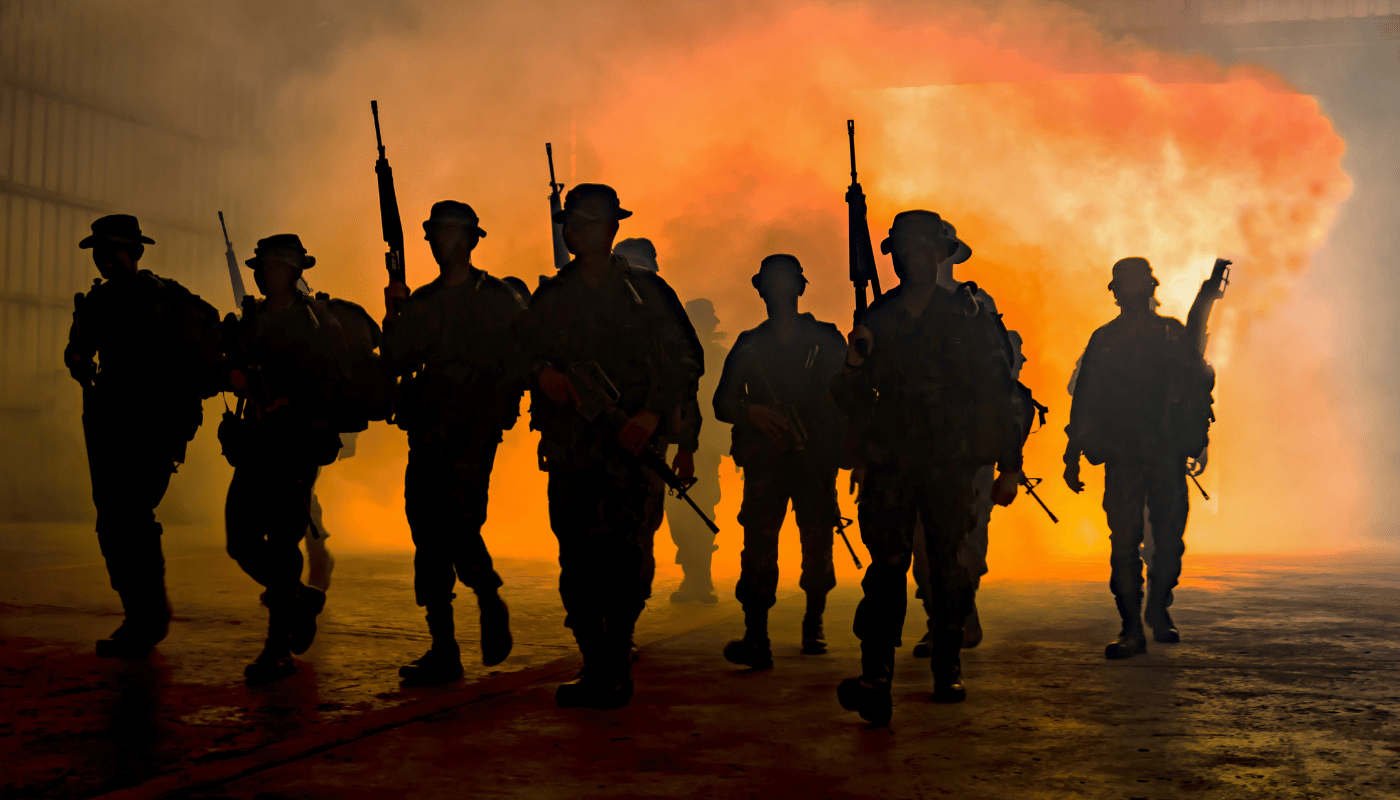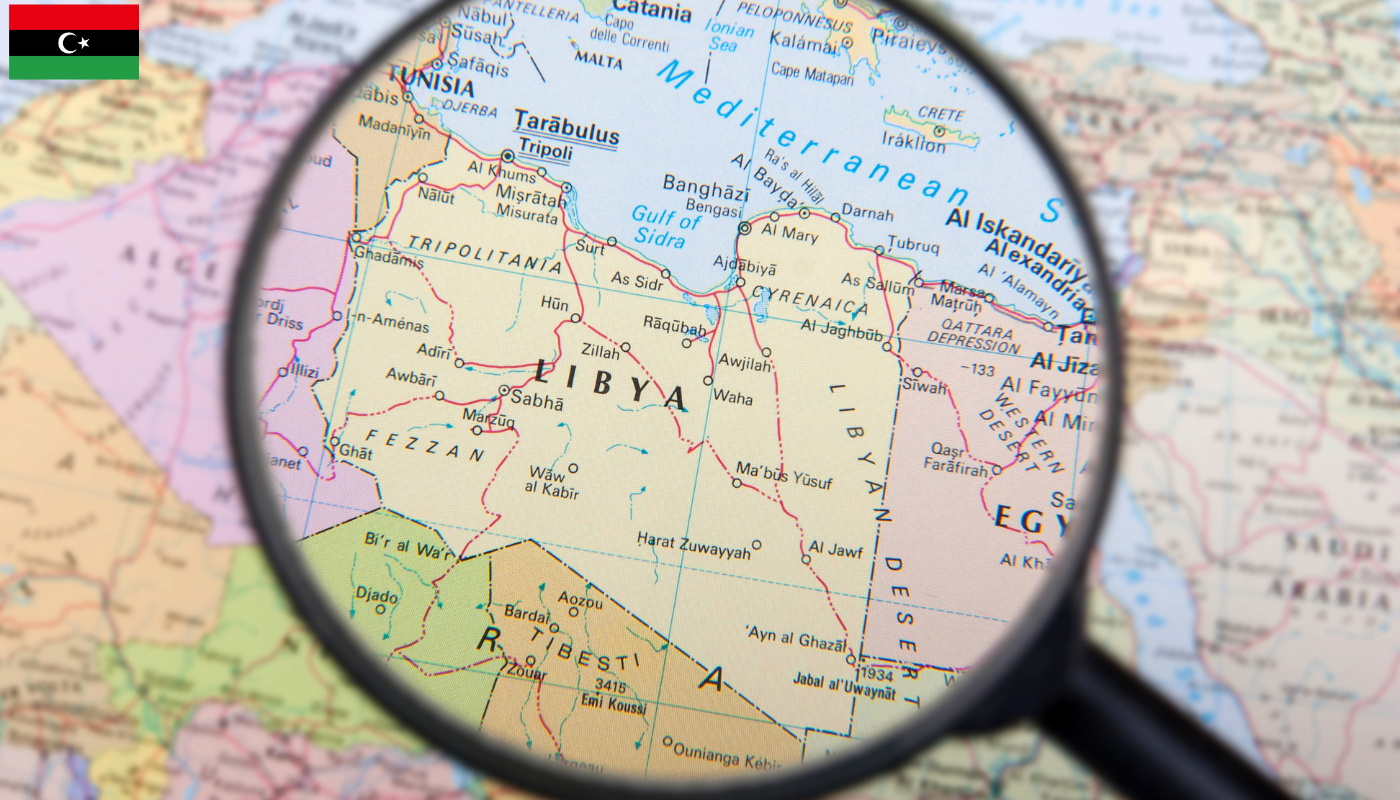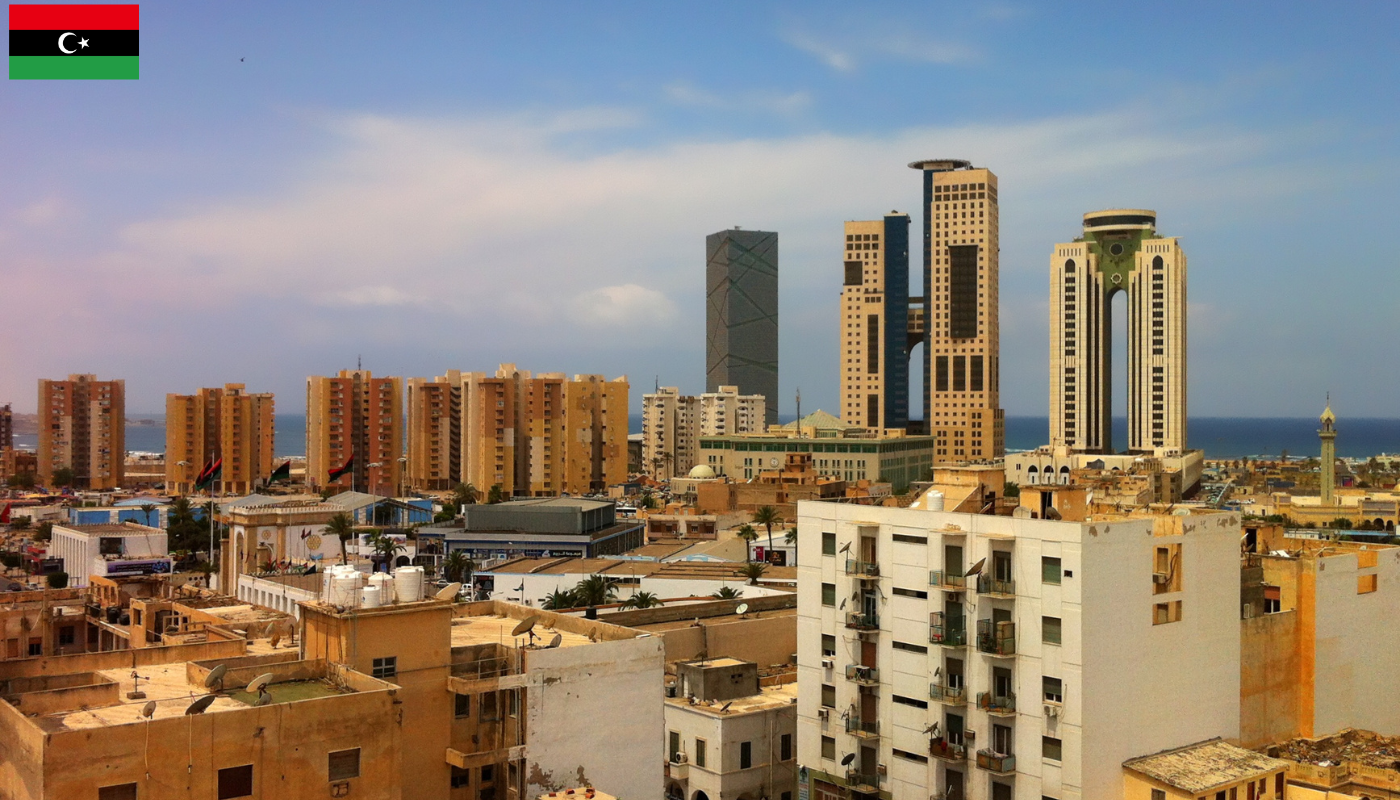Security sources in Tripoli said that “the Special Deterrent Forces” and “Tripoli Revolutionaries’ Brigades” stormed inside Rixos hotel and the presidential palaces in Tripoli, Wednesday morning, and controlled the area. The brigades affiliated with the Salvation Government, led by Khalifa Al-Ghuwel, had retreated towards Salah-Uddin, south Tripoli. “Tripoli Revolutionaries Brigades” alliance was trying, since Tuesday, to storm inside the hosting palaces, the headquarters of the Presidency Guards affiliated with the Salvation Government.
The alliance is working to seize the hospitality palaces using heavy and medium weaponry to storm inside. While no reaction was issued from the Presidential Council (PC) of the Government of National Accord (GNA), many fear clashes would escalate and expand, and the possibility that the PC would get reinforcements from Misrata troops, while “the Deterrent Forces” in Mitiga base and the central security in Abu-Saleem join “Tripoli Revolutionaries’ Brigades.”
The Tripoli citizens woke up to heavy clashes in Al-Andalus district, Gargaresh, Gurji, and Ghot Al-Shaal, west of Tripoli. Roads were closed, and clashes intensified in Al-Andalus district. Local sources inside Tripoli said that the confrontations continued in Al-Andalus district between Nuri Freawan Brigade, affiliated with the PC Defense Ministry, and the first brigades led by Haitham Al-Tajouri of the interior ministry.
Nuri Freawan brigade said in a statement that Al-Tajouri forces attacked them near the National Trade Bank, where they are assigned to protect and detained six of their members and a number of cars.
Sources said that “the reasons for Al-Tajouri’s attack was the intelligence that Al-Ghuwel agreed with groups in Wersheffana to open the coastal road linking Tripoli and Al-Zawya city.”
Others referred the attack to the affiliation of Freawan to Misrata, the birthplace of Al-Ghuwel, besides the alliance between Freawan and Al-Ghuwel, who is affiliated with the Presidency Guards, against Al-Tajouri.
The National Forces, mostly from Amazigh located in Ghot Al-Shaal, supported Freawan against Al-Tajouri. Observers said that the reasons for such support were old rivalry with Al-Tajouri brigade, allied with the Special Deterrent Forces, following the latter’s arrest of Adel Sheta, the leader of the National Forces.
According to sources, Al-Tajouri, backed by the GNA, controlled the area, Al-Ghuwel forces retreated, fearing that Al-Ghuwel would strike a deal with Wersheffana to open the roads, which would allow reinforcements from Sabratha, west of Tripoli.
If Al-Ghuwel could strike that deal with Wersheffana, he would wrest control over the whole area from the Libyan-Tunisia border (Ras Jdair) to Tuesday market, central Tripoli, while the GNA control would be limited to Souq Jomaa and the center of the capital city, Tripoli.
The situation in Tripoli remains highly volatile, with the possibility of further escalation as various factions continue to maneuver for control. The delicate balance of power is threatened by potential alliances and reinforcements from outside the capital, which could dramatically shift the dynamics on the ground. The involvement of groups from Misrata, Wersheffana, and Sabratha highlights the complex and fractured nature of Libya’s political and military landscape, where local grievances and rivalries often intersect with broader national conflicts. As the confrontation between the GNA and Al-Ghuwel’s forces intensifies, the risk of widespread violence looms large, endangering the already fragile stability of Tripoli and its surrounding areas.






